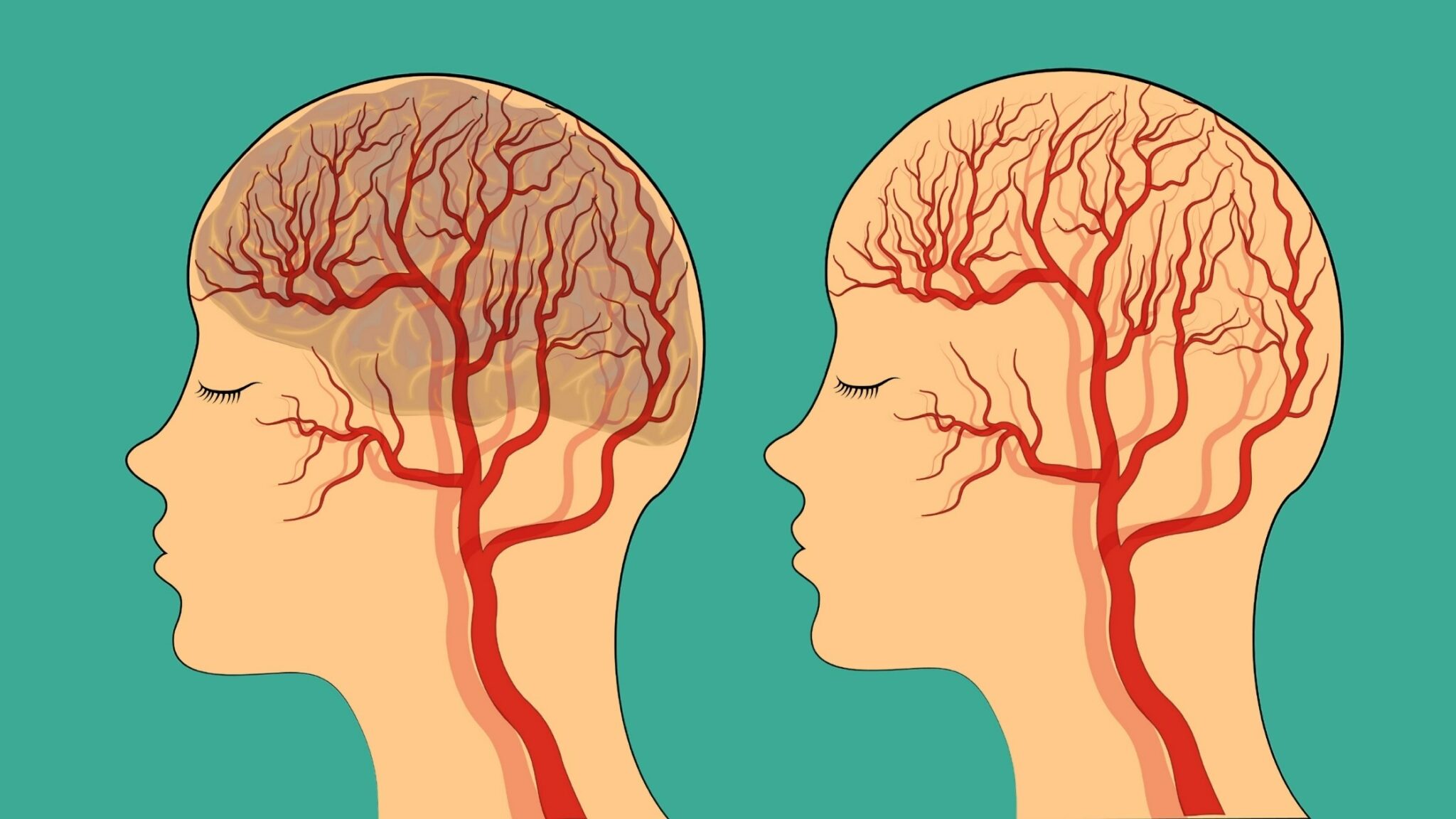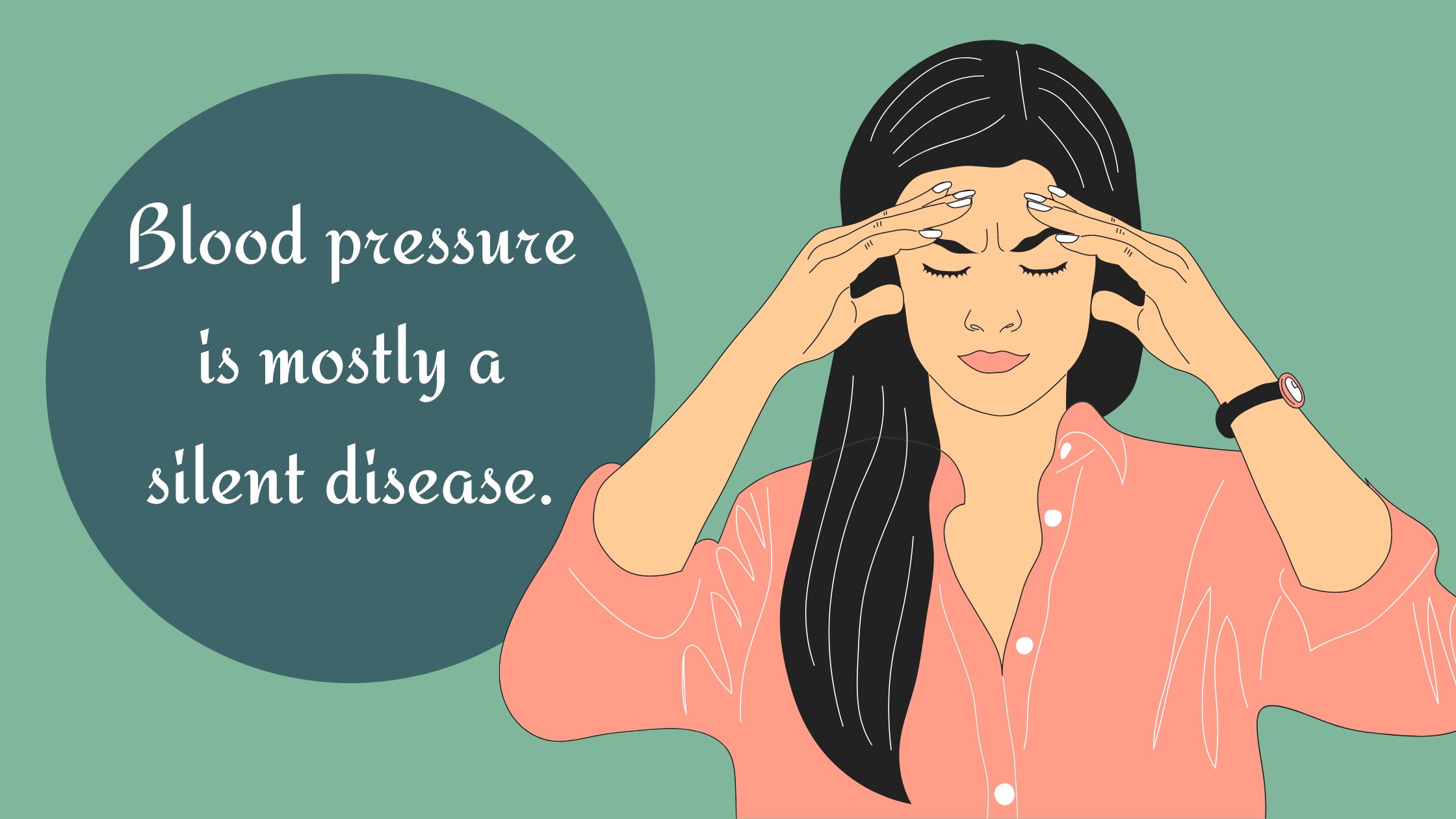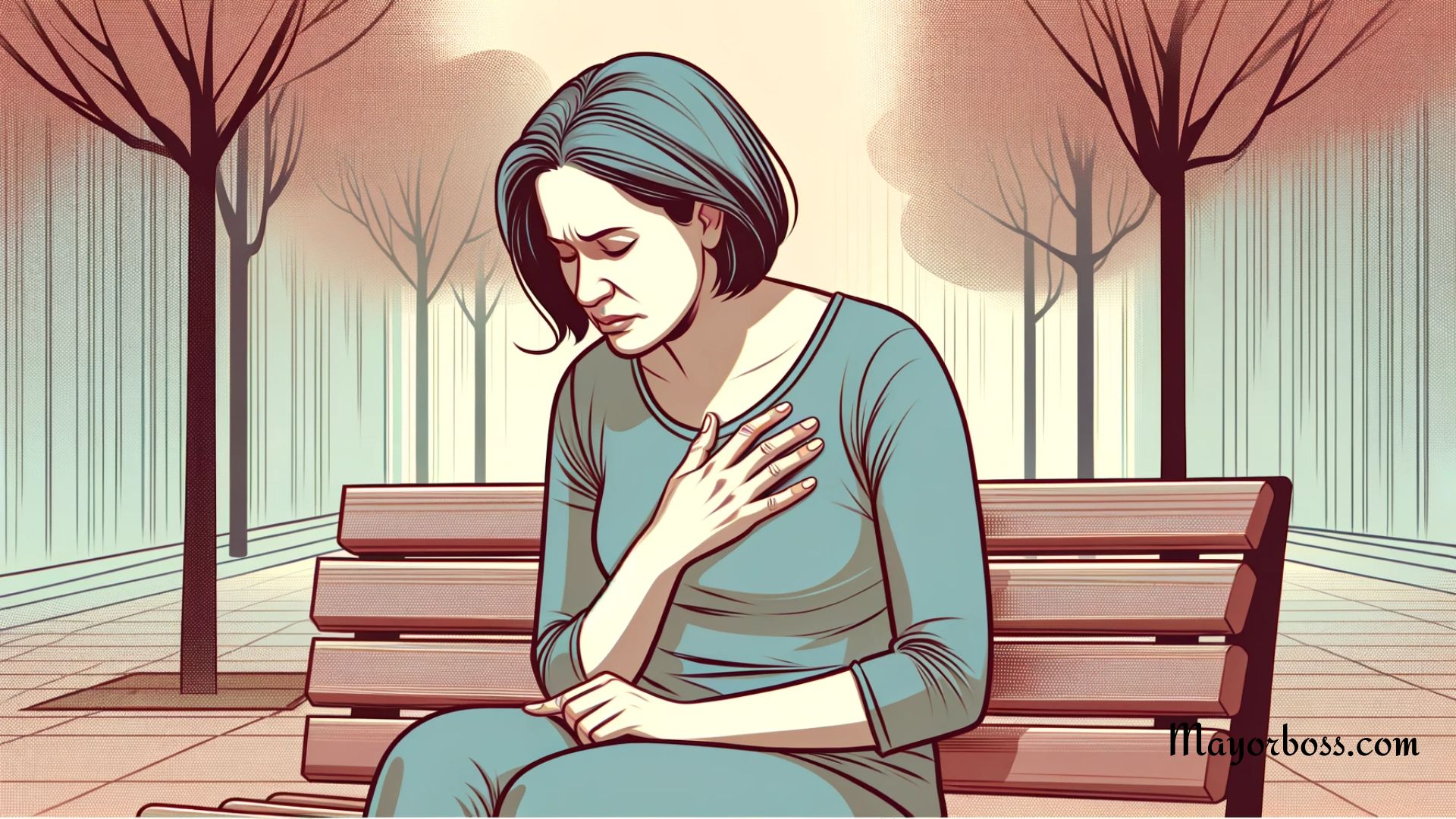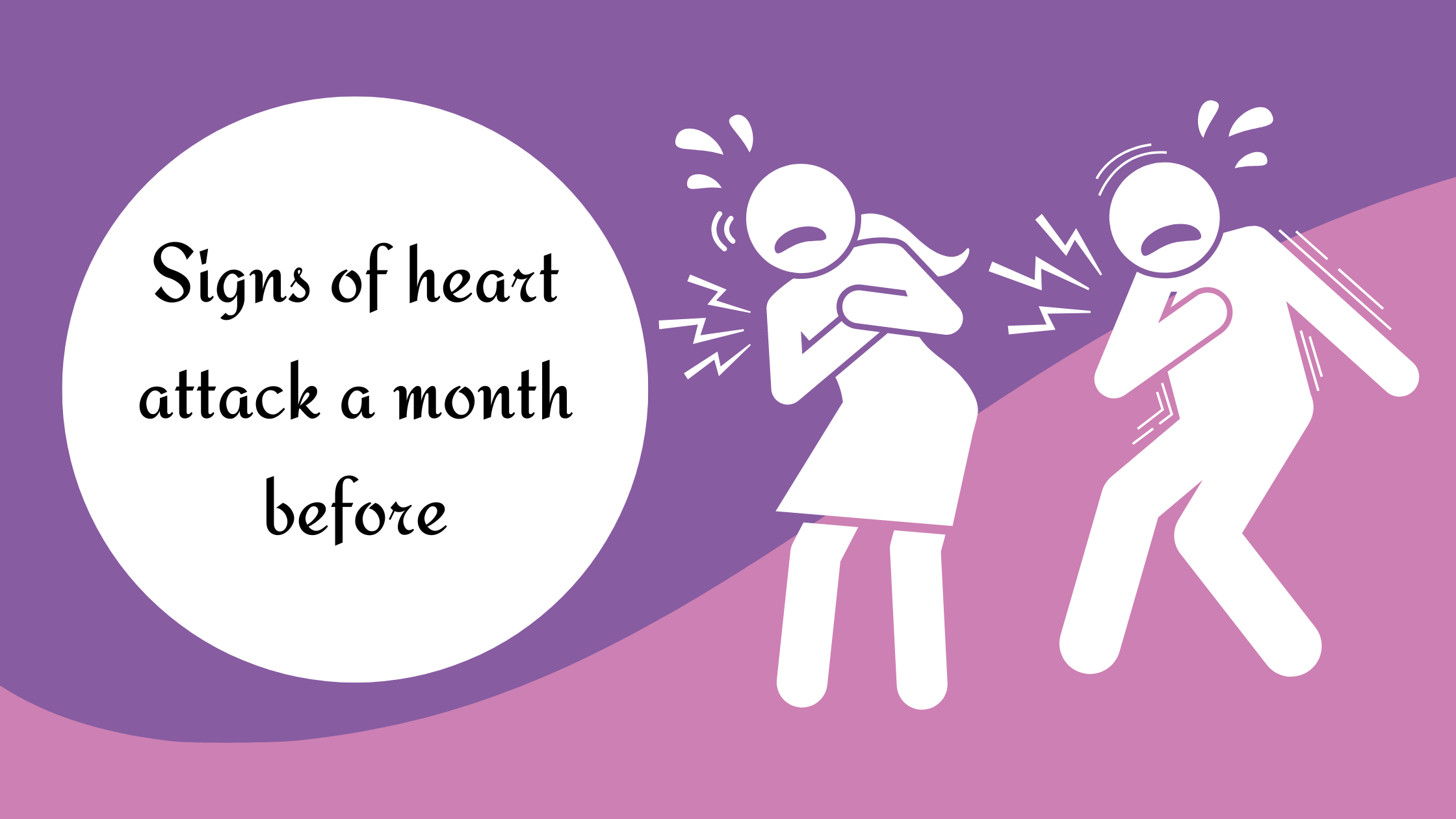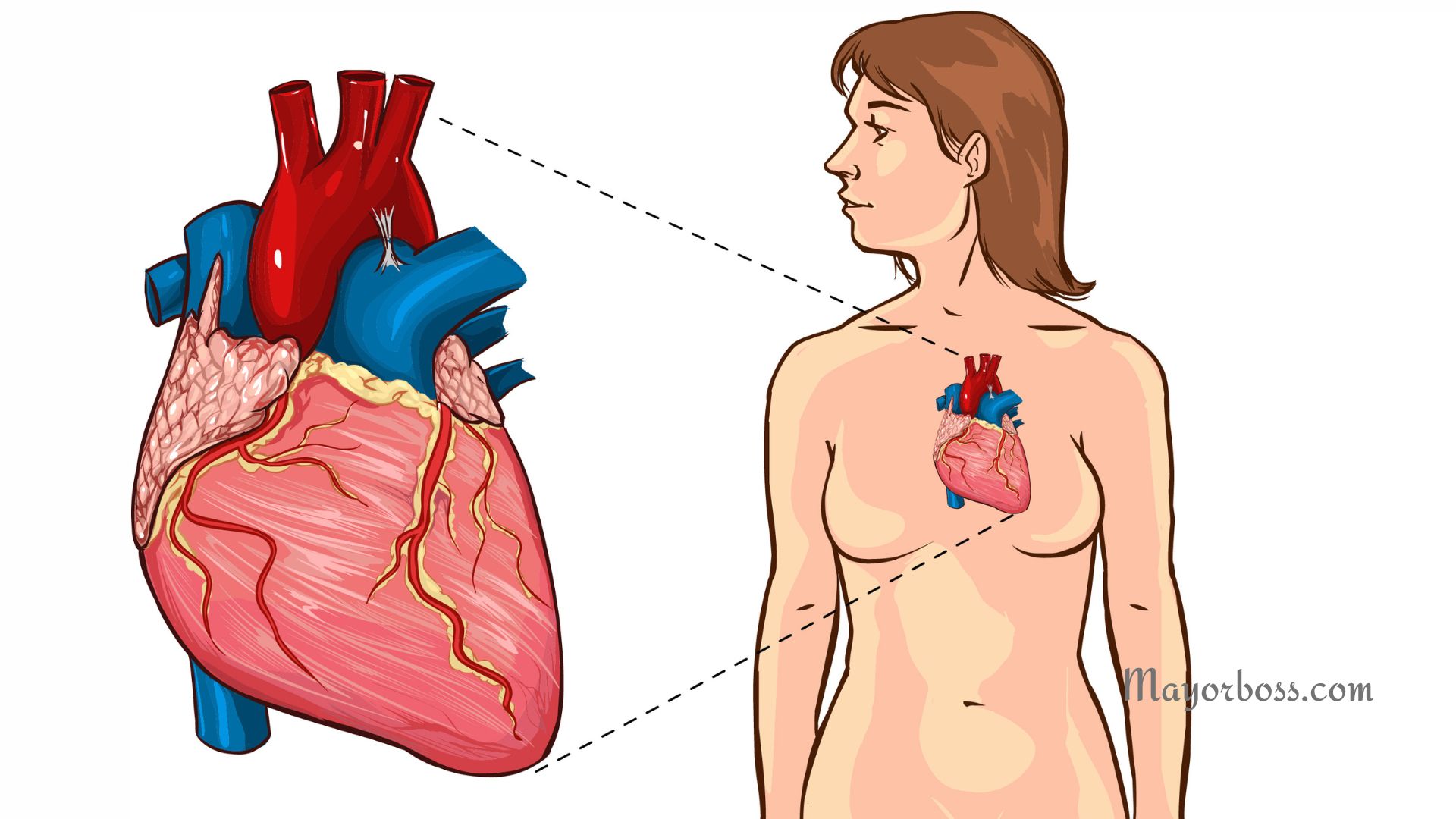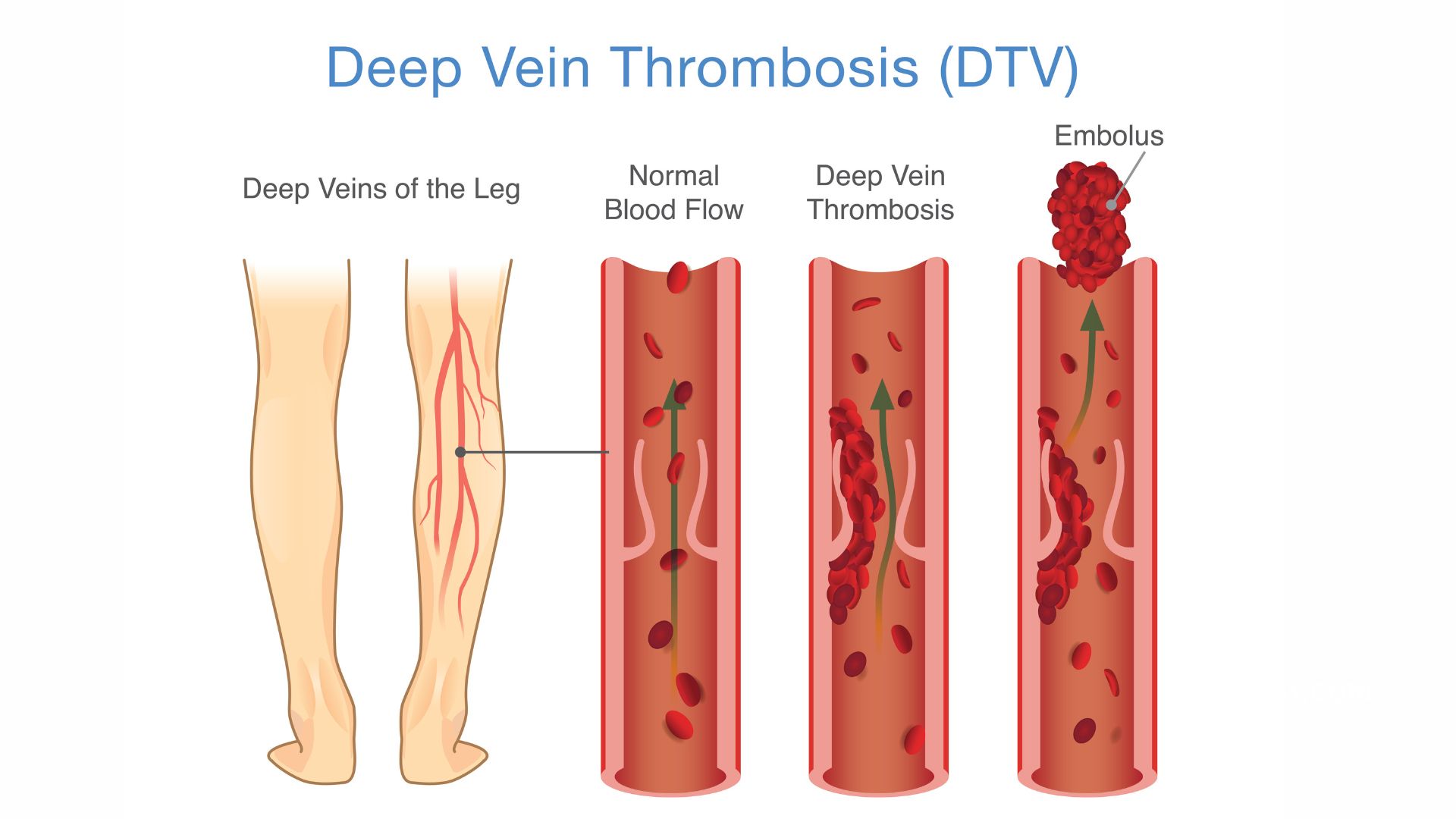Why Heart Attacks are Happening to Young People More than Ever
People do not expect to experience heart attacks in their younger years. However, recent data suggests that more young people suffer from heart attacks. This trend is worrying, and it raises several questions. Why are heart attacks happening to young people more than ever before? What are the reasons behind this disturbing trend? What can we do to prevent heart attacks in young people? In this article, I will explore these questions and provide you with some helpful information to help you protect your heart.
Understanding Heart Attacks
A heart attack, also known as myocardial infarction, occurs when the blood flow to the heart is blocked, leading to the death of heart muscle cells. The most common cause of heart attacks is a build-up of cholesterol and other substances in the arteries, restricting blood flow to the heart. This build-up is known as atherosclerosis. Other causes of heart attacks include blood clots, arterial spasms, and coronary artery disease.
Why are Heart Attacks Happening to Young People?
Until recently, heart attacks were primarily associated with older adults, particularly those over 65. However, recent studies suggest that the number of young people experiencing heart attacks is rising. According to a study published in the Journal of the American Heart Association, heart attacks among people under 40 increased by 2% annually between 2006 and 2016. There are several possible explanations for this trend.
1. The Rise of Obesity and Sedentary Lifestyles
According to medical research, one of the primary reasons for the increase in heart attacks among young people is obesity and sedentary lifestyles. Many young people spend more time sitting in front of screens and less time engaging in physical activity. This can lead to weight gain and an increased risk of heart disease.
2. Unhealthy Diets
Another factor contributing to the rise of heart attacks among young people is unhealthy diets. Many young people consume too much-processed food, sugary drinks, and fast food, which can increase the risk of heart disease.
3. Stress
Stress is a factor that can make it more likely for young people to have heart attacks. Many young people are dealing with high levels of stress due to unhealthy relationships, work, money, and other life pressures.
4. Substance abuse
Research indicates that most young people who have heart attacks also have a history of substance abuse like marijuana, cocaine, opioids, and alcohol. Substance abuse can damage the heart muscle and cause a heart attack.
5. Type 2 diabetes
Surprised? Type 2 diabetes is rising in young people due to increased obesity, sedentary lifestyles, and bad dietary choices. This can lead to higher levels of fat and cholesterol in the blood, which leads to a greater risk of a heart attack. Studies have shown that people with type 2 diabetes are more than twice as likely to suffer a heart attack when compared to those without the condition.
6. Smoking cigarettes and vaping
Some researchers believe that smoking cigarettes and vaping can significantly increase the risk of a heart attack. The nicotine in these substances constricts blood vessels, which reduces blood flow to the heart. This can lead to a heart attack.
7. Genetics
Finally, genetics can also play a role in young people’s risk of heart attacks. A person with a family history of heart disease may be at an increased risk of having a heart attack.
Preventing Heart Attacks in Young People
The good news is that heart attacks are preventable, even in young people. The key to preventing heart attacks is to identify and manage risk factors. Here are some steps you can take to protect your heart:
- Maintain a healthy weight: According to specialists, maintaining a healthy weight is essential to reducing your risk of a heart attack. As explained earlier, obesity is a significant risk factor for heart disease, so keeping a healthy weight through a balanced diet and regular workouts is essential.
- Eat a healthy diet: A healthy diet is crucial to maintaining good heart health. Experts say a diet rich in fruits, vegetables, whole grains, lean protein, and healthy fats can help reduce your risk of heart disease.
- Exercise regularly: Regular exercise is essential to maintaining good heart health. Exercise can help reduce your risk of heart disease by improving your blood pressure, cholesterol levels, and overall heart function.
- Manage stress: Stress is a significant risk factor for heart disease. Finding ways to manage stress, such as through exercise, meditation, or therapy, can help reduce your chance of a heart attack.
Frequently Asked Questions
Can young people have heart attacks?
Yes, young people can have heart attacks. In fact, the number of heart attacks among young people has been increasing in recent years.
What are some symptoms of a heart attack?
Symptoms of a heart attack can include chest pain, shortness of breath, nausea, lightheadedness, and pain in the arm or jaw.
Can a healthy lifestyle prevent heart attacks in young people?
Yes, a healthy lifestyle can help prevent heart attacks in young people. This can include eating a healthy diet, being physically active, managing stress, and avoiding smoking.
What should I do if I think I’m having a heart attack?
If you think you’re having a heart attack, call 911 immediately. Time is critical in treating a heart attack, so it’s important to seek medical attention right away.
Article Sources
- Risk Factors and Outcomes of Very Young Adults Who Experience Myocardial Infarction: The Partners YOUNG-MI Registry. The American journal of medicine, 133(5), 605. https://www.ncbi.nlm.nih.gov/pmc/articles/PMC7210047/
- Heart Attacks Increasingly Common in Young Adults. https://www.acc.org/about-acc/press-releases/2019/03/07/08/45/heart-attacks-increasingly-common-in-young-adults
- Heart Disease: It Can Happen at Any Age. CDC. https://www.cdc.gov/heartdisease/any_age.htm
- Heart Attack Causes in Young People. Cleveland Clinic. https://health.clevelandclinic.org/why-are-heart-attacks-on-the-rise-in-young-people/

